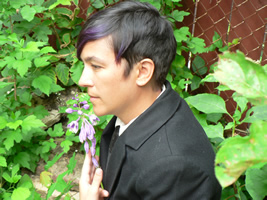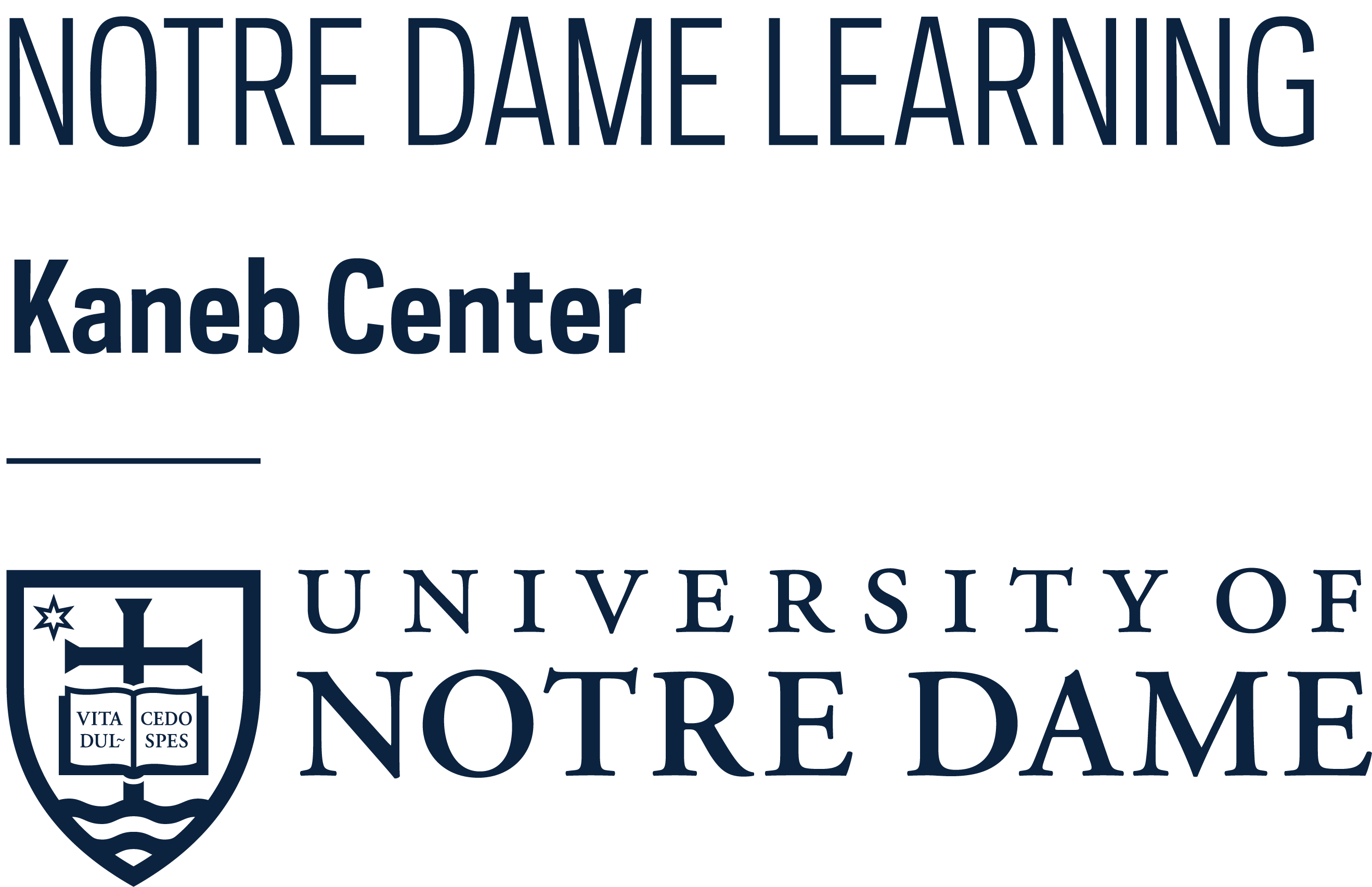In our Faculty Feature series, the Kaneb Center interviews teachers around campus to learn about what motivates them, discuss techniques they use in their classrooms, and share bits of wisdom with others in the Notre Dame community and beyond! This edition, we feature Joyelle McSweeney from the English Department.
Tell us a little about yourself.
I’m a poet who writes stories, plays, novels, and lyric essays in addition to poem-shaped poems. I think it’s all poetry! I also Direct the Creative Writing Program and teach creative writing at every level, from Introduction to Poetry Writing up to Graduate Poetry Workshop. With Johannes Göransson (also a poet in the English Department), I also co-run a translation press, Action Books, which publishes aesthetically engaged, politically urgent poetry from all over the world.
Why did you decide to become a teacher?
I love poetry and think it has a bad reputation in the U.S.; many Americans think of poetry as something archaic, locked away, ineffectual, or hard to get. But everybody loves something about language—loves humor, slang, song lyrics, sports lingo, prayer-like intensity, something. Starting from that passion and growing a joyous, rambunctious youthful poetry is something I try to model in the undergrad classroom. I’m a “hype man” for poetry.
In what ways do you find teaching rewarding or meaningful?
See above! I like undoing the notion that poetry is irrelevant or useless, that it’s boring or hard to get. Unlocking in both novice and experienced students that desire to play, show-off, go further or speak against the grain and to follow what’s idiosyncratic or unexpected (even to them) in their poetry makes teaching worthwhile.
Describe one teaching technique you like to use in your classes.
I always teach a translation unit in my undergrad classes. This can be daunting at first, as many of the students don’t know a second language. But that’s one subtext of the lesson—the common American habit of monolingualism is actually a disadvantage, in response to which we should work hard to generate solutions. So part of the assignment is about ‘solving’ the problem of monolingualism—admitting a deficiency, finding a partner, properly crediting collaborative work, etc. The other part of the lesson is of course translation itself: what kinds of choices do literary translators make? What makes a translation ‘good’? How do issues of presentation (i.e. facing translations, footnotes, prefaces, etc.) change our sense of the translation? We read through and argue over enough examples for students to begin to develop their own sense of translation techniques and ethics which they then apply to their translation project. The final project requires three elements. Students must design a project which presents: 1) the original poem in its original language 2) their new translation, and 3) a third poem of their own, inspired by the translation process, growing from the translation ‘zone’. This third element shows how translation is a transforming aesthetic experience for the translator, and how it generates art.
What advice would you give to a new teacher?
Teach from your passion, but don’t expect students to automatically share that passion! Reverse engineer that feeling of discovery you have when you encounter something new in your scholarship or creative activity. How can you get students to put aside their apprehension/inertia/self-consciousness and approach the subject matter with that sense of discovery which makes them want to go further? What’s really at stake?
In your opinion, what makes a great teacher?
Sharing passion, and giving the students the tool to keep pursuing their passions outside the framework of the course.
Thanks, Joyelle!

